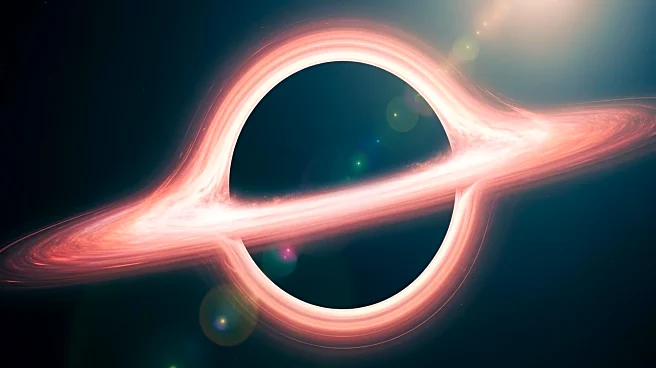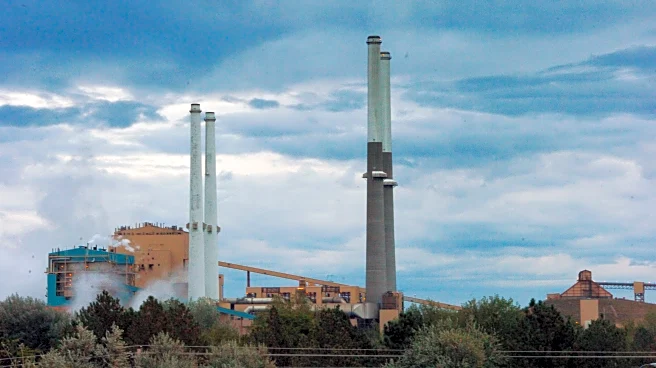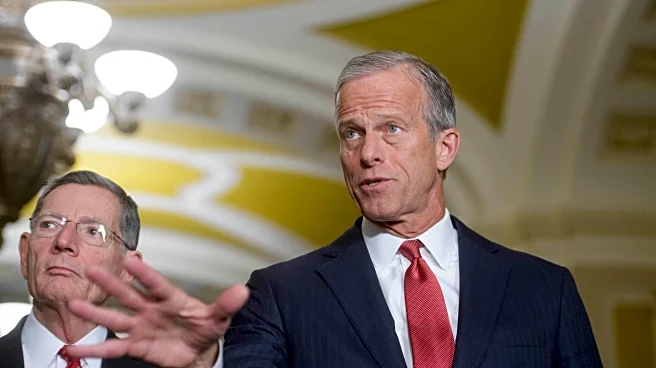Stephen William Hawking, born on January 8, 1942, in Oxford, England, was a theoretical physicist renowned for his work on black holes and cosmology. He served as the director of research at the Centre for Theoretical Cosmology at the University of Cambridge and held the prestigious Lucasian Professorship of Mathematics at Cambridge from 1979 to 2009. Hawking's contributions to science, particularly his theoretical prediction that black holes emit
radiation, known as Hawking radiation, have left a lasting impact on the field of theoretical physics.
When the Name Took Hold: First Mentions of Stephen Hawking
Stephen Hawking was born into a family of physicians in Oxford. His early education began at University College, Oxford, where he received a first-class BA degree in physics. He later pursued graduate work at Trinity Hall, Cambridge, obtaining his PhD in applied mathematics and theoretical physics, specializing in general relativity and cosmology.
Worlds Before Greatness: Early Years and First Sparks
Hawking's early life was marked by his diagnosis with a slow-progressing form of motor neurone disease at age 21, which gradually paralyzed him over decades. Despite this, he continued his studies and developed a reputation for brilliance, challenging established theories and contributing significantly to the understanding of black holes and the universe.
Breakthroughs that Bended the Arc: Hawking’s Core Contributions
Hawking's collaboration with Roger Penrose on gravitational singularity theorems and his theoretical prediction of Hawking radiation were groundbreaking. His work demonstrated that black holes emit radiation, a discovery that was initially controversial but later widely accepted as a major breakthrough in theoretical physics.
Engines and Aftershocks: Impact, Industry, and Influence
Hawking achieved commercial success with several popular science books, including "A Brief History of Time," which appeared on the Sunday Times bestseller list for a record-breaking 237 weeks. He was a Fellow of the Royal Society, a lifetime member of the Pontifical Academy of Sciences, and a recipient of the Presidential Medal of Freedom. His influence extended beyond academia, inspiring countless individuals and contributing to the public understanding of science.
















